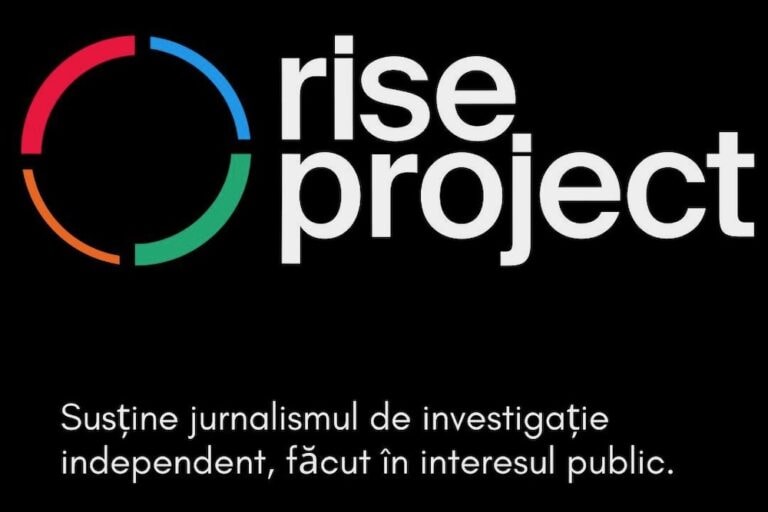On the 2 October 2013, the Romanian government adopted an emergency ordinance on procedures for preventing insolvency, which requires suspension of licenses for audiovisual companies entering insolvency proceedings.
ActiveWatch and Reporters without Borders protest against the amendments brought by the Romanian government to the Insolvency Law.
ActiveWatch and Reporters Without Borders condemn the Romanian government’s decision to adopt – in a total lack of transparency – a bill whose provisions threaten press freedom and the public’s right to information. By supporting this legislation, the government opened a new chapter in the history of political and economic control of media institutions in Romania.
On the 2 October 2013, the Romanian government adopted an emergency ordinance on procedures for preventing insolvency, which requires suspension of licenses for audiovisual companies entering insolvency proceedings. The emergency ordinance was published today in the Official Gazette (nr. 620).
ActiveWatch and Reporters Without Borders consider that this specific article of the law is:
- In clear contradiction with Article 30 (2) of the Constitution which states that “no publication can be suppressed,” thereby
- jeopardizing the constitutional right to free speech.
- Sabotaging the institutional powers of the National Audiovisual Council (NCA), an institution that, by law, is “the sole regulator of audiovisual media policy” (Article 10, paragraph 2 of Law 504/2002 Broadcasting).
- In conflict with other provisions of the Broadcasting Law504/2002 that define the conditions under which a broadcasting license may be withdrawn. Under the Broadcasting Law, the NAC is the only institution that can issue or revoke broadcasting licenses. Suspension of licenses is not provided under the Broadcasting Law.
- Is discriminatory as it is dedicated exclusively to audiovisual media, although there are other sectors of the economy that operate on the basis of licenses issued by public authorities.
- Adopted in a total lack of transparency, being introduced on the day of the vote, although the bill was open for public debate for about a month, without the article in cause.
- In clear contradiction with the very purpose of insolvency proceedings which is to help distressed companies to recover.
ActiveWatch and Reporters Without Borders ask the Parliament to reject this article threatening press freedom and the right of citizens to freedom of information.
The two organizations will address the European Commission in relation to this serious threat to press freedom committed by the government. In this respect we shall notify the Commissioner for Justice, Fundamental Rights and Citizenship, Viviane Reding, and the Commissioner for Communications, Content, and Technology, Neelie Kroes.
Art. 81 (3) of the emergency ordinance on procedures for preventing insolvency states:
“If the debtor’s business is subject to the Broadcasting Law no.504/2002, following the opening of insolvency proceedings until the date of confirmation of the reorganization plan, the audiovisual license will be suspended within the meaning of the Broadcasting Law no.504/2002, as amended and supplemented, with effect from the date of receipt of the notification by the National Audiovisual Council. The reorganization plan will provide the conditions for exercising the right to broadcast in a particular area, a particular program service, conditions that would come under the prior approval of the National Audiovisual Council”.


